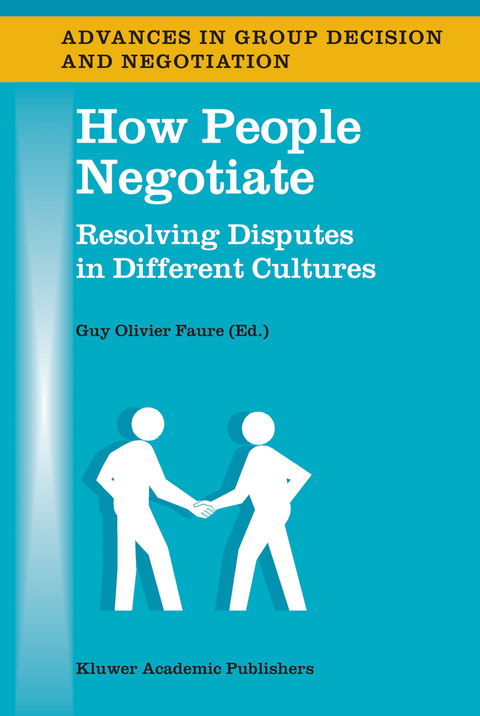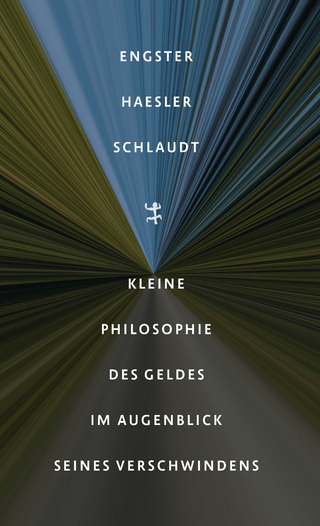
The Medieval Heritage in Early Modern Metaphysics and Modal Theory, 1400–1700
Springer-Verlag New York Inc.
978-1-4020-1631-8 (ISBN)
1. Introduction.- 2. Via Antiqua and Via Moderna in the Fifteenth Century: Doctrinal, Institutional, and Church Political Factors in the Wegestreit.- 3. Ockham and Locke on Mental Language.- 4. Metaphysics as a Discipline: From the “Transcendental Philosophy of the Ancients” to Kant’s Notion of Transcendental Philosophy.- 5. God as First Principle and Metaphysics as a Science.- 6. Gabriel Biel and Later-Medieval Trinitarian Theology.- 7. The Question of the Validity of Logic in Late Medieval Thought.- 8. Uses of Philosophy in Reformation Thought: Melanchthon, Schegk, and Crellius.- 9. Divine Foreknowledge and Human Freedom: Auriol, Pomponazzi, and Luther on “Scholastic Subtleties”.- 10. The Ontological Source of Logical Possibility in Catholic Second Scholasticism.- 11. The Renaissance of Statistical Modalities in Early Modern Scholasticism.- 12. Modal Logic in Germany at the Beginning of the Seventeenth Century: Christoph Scheibler’s Opus Logicum.- 13. Leibniz on Compossibility: Some Scholastic Sources.- Index of Names.
| Reihe/Serie | The New Synthese Historical Library ; 53 |
|---|---|
| Zusatzinfo | 1 Illustrations, black and white; VI, 349 p. 1 illus. |
| Verlagsort | New York, NY |
| Sprache | englisch |
| Maße | 155 x 235 mm |
| Themenwelt | Geisteswissenschaften ► Geschichte |
| Geisteswissenschaften ► Philosophie ► Metaphysik / Ontologie | |
| Sozialwissenschaften | |
| ISBN-10 | 1-4020-1631-X / 140201631X |
| ISBN-13 | 978-1-4020-1631-8 / 9781402016318 |
| Zustand | Neuware |
| Haben Sie eine Frage zum Produkt? |
aus dem Bereich


